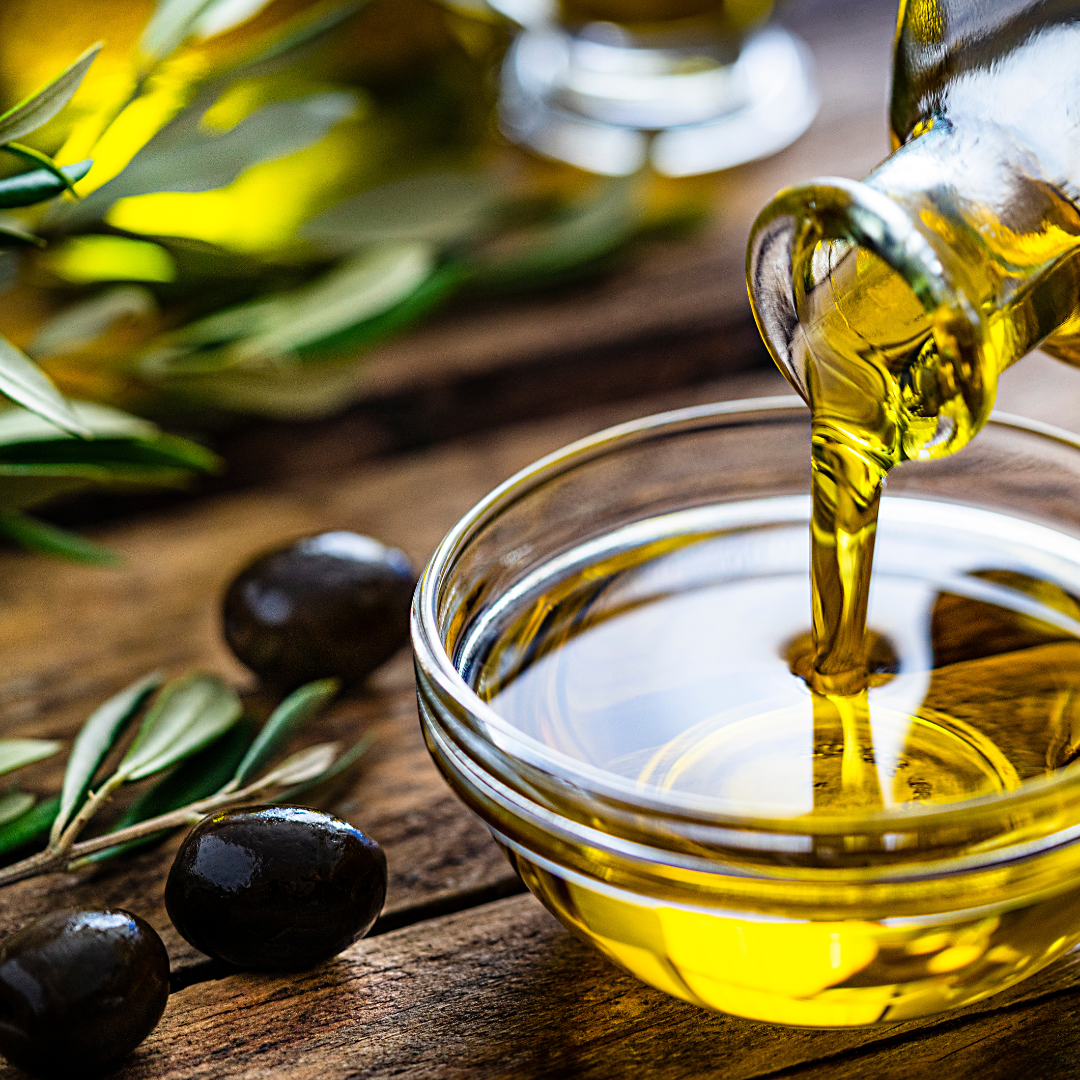A Holistic Journey Integrating Culture, Religion, & Science
Fasting, a practice as ancient as human civilization itself - finds its place in various cultures & religions. It is now quite a globalised concept - and its significance spans far beyond mere abstinence from food. It touches upon spiritual devotion, cultural tradition, and modern scientific understanding.
Fasting in Religious and Cultural Contexts:
In India's diverse cultural landscape, fasting holds profound importance across various faiths. Hindus observe fasting during festivals like Navratri and Karva Chauth, while Jains consider it fundamental to spiritual enlightenment, notably during the sacred Paryushan festival. Sikhs, too, embrace fasting on significant occasions, emphasizing mental discipline. For Muslims worldwide, Ramadan is a month of profound spiritual devotion, reflection, and acts of charity. Amidst these beliefs, fasting emerges as a unifying force, fostering a sense of community.
Globalization of Fasting:
While rooted in faith and spirituality, fasting also carries scientifically proven health benefits. We're witnessing the practice of fasting transcend cultural boundaries. Intermittent fasting, a modern adaptation of ancient practices, has gained worldwide popularity. Its structured approach to eating and fasting cycles has shown promising results in weight management, metabolic health, and even cognitive function. The global trend towards intermittent fasting mirrors a universal quest for holistic well-being and mindful living.
Science Unveiling the Benefits:
Fasting, once seen primarily through a spiritual lens, now finds its place under the scrutiny of science. Metabolically, it triggers a shift towards ketosis, where the body taps into stored fat for energy, aiding in weight management and insulin regulation. "Autophagy," the cellular 'spring cleaning' process activated during fasting, promotes cellular repair and longevity. The reduction of inflammation, improved insulin sensitivity, and cognitive benefits contribute to a comprehensive view of fasting's positive impact on overall health.
Regardless of the method and purpose behind your fast, it's crucial to ensure it yields maximum benefits, both physically and spiritually. Here, we'll explore effective ways to prepare for and conclude a fast, along with suitable dietary choices to consider (this will, of course, differ based on the specific rules you're following).
Preparing for a Fast:
-
Gradual Transition:
Ease into the fast by gradually reducing processed foods, sugary snacks, and caffeine a few days before. This helps your body adjust smoothly.
-
Hydration is Key:
Prioritize staying well-hydrated in the days leading up to the fast. Proper hydration is essential for overall health.
-
Mindful Eating:
Mindful eating helps you attune to your body's hunger and fullness cues. This heightened awareness will serve you well during the fast.
-
Mental Preparation:
Set clear intentions for the fast, whether for spiritual reasons, health benefits, or both. Having a strong sense of purpose provides motivation and determination.
Breaking a Fast:
-
Start Slowly:
Begin with small, easily digestible portions. This allows your digestive system to re-engage gradually.
-
Incorporate Whole Foods:
Focus on whole, minimally processed foods. Fresh fruits, vegetables, and lean proteins are good choices.
-
Avoid Heavy or Greasy Foods:
Steer clear of heavy, fatty meals that might overwhelm your digestive system. Opt for lighter, nutrient-dense options.
-
Listen to Your Body:
Pay attention to how your body reacts to different foods. This will guide you in making choices that align with your body's needs.
-
Avoid Overeating:
While it can be tempting to consume a large meal, especially after an extended fast, it's best to eat slowly and stop when you're comfortably full.
Best Foods to Consume During a Fast:
-
Warm Water:
Staying adequately hydrated is crucial during a fast. Warm water aids fasting by jump-starting digestion, easing discomfort, and quickly hydrating the body. It also soothes the throat and digestive tract, supports detoxification, and enhances mental alertness.
-
Herbal Teas and Broths (if applicable):
Non-caffeinated herbal teas and clear broths provide warmth and hydration. Options like chamomile or ginger are excellent choices.
-
Fresh Fruits and Vegetables (if applicable):
Opt for easily digestible fruits and vegetables like berries, cucumbers, or leafy greens. They offer vitamins, minerals, and fiber.
-
Nuts and Seeds (if applicable):
For longer fasts, small portions of nuts and seeds provide healthy fats and protein, helping sustain energy levels.
Remember, every individual's body reacts differently to fasting. It's important to listen to your body and adjust your approach accordingly. If you have any medical conditions or concerns, consult with a healthcare professional before starting any fasting regime.
Fasting, with its deep roots in culture and religion, and its newfound scientific validation, has become a global phenomenon. It serves as a reminder of our shared humanity, a practice that transcends borders and brings us closer together. In embracing fasting, we find a harmonious blend of ancient traditions, modern science, and a collective pursuit of well-being. As we navigate this holistic journey, let us appreciate the diversity of fasting practices while recognizing the common threads that connect us all in our quest for a healthier, more meaningful life.




